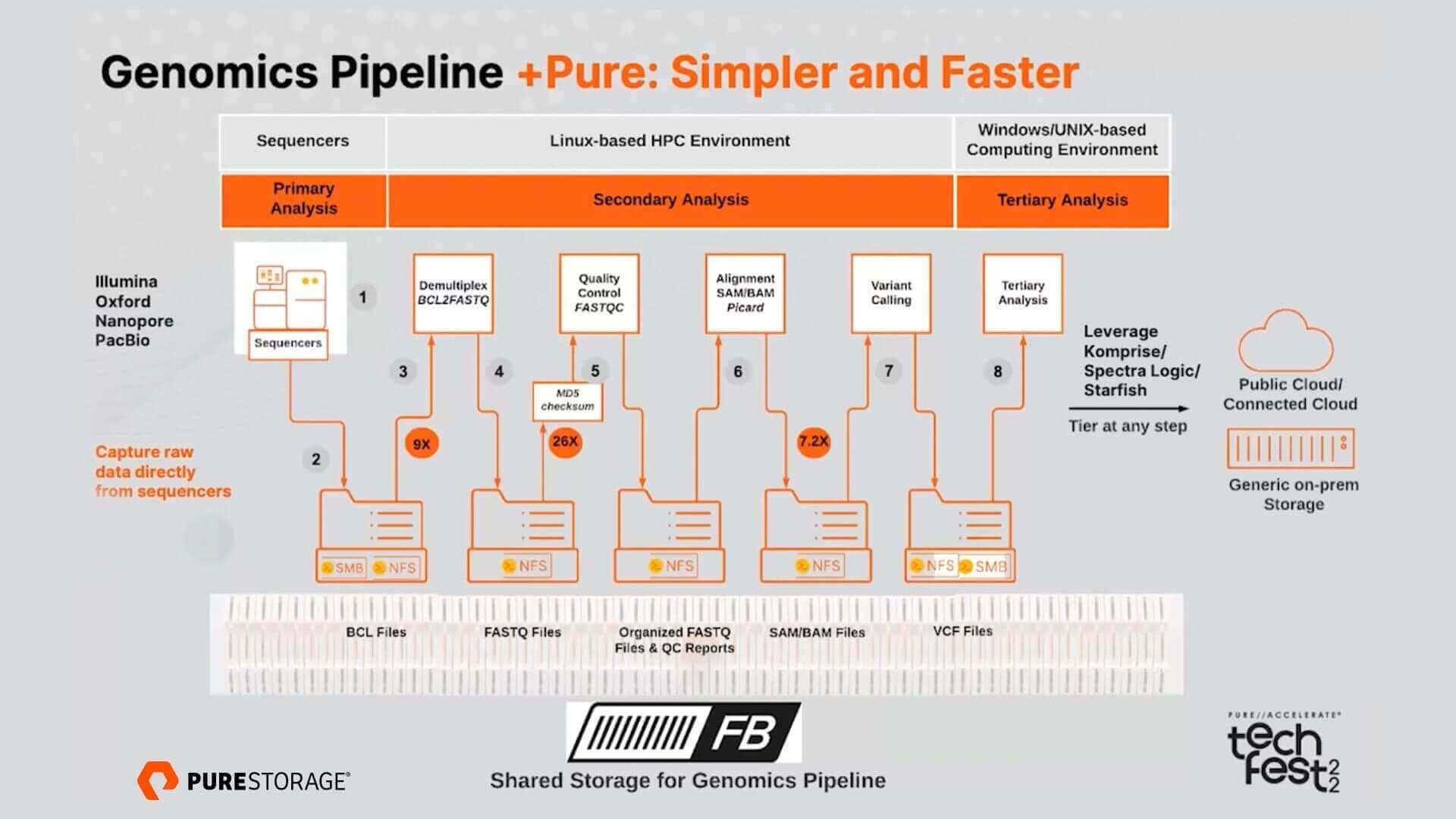
Unlocking Insights: Genomic Data Utilization
In the realm of healthcare and scientific research, the utilization of genomic data has become a cornerstone for unlocking insights into human biology, disease mechanisms, and personalized medicine. This article explores the significance of genomic data utilization, its impact on various sectors, and the transformative potential it holds for advancing medical understanding and treatments.
The Genomic Revolution
The genomic revolution has witnessed unprecedented advancements in DNA sequencing technologies, enabling the comprehensive analysis of an individual’s genetic makeup. Genomic data, comprising the complete set of genes within an organism, provides a wealth of information about genetic variations, hereditary traits, and potential disease predispositions. This wealth of data has opened new avenues for understanding the intricate complexities of human biology.
Precision Medicine and Personalized Treatments
One of the profound implications of genomic data utilization is the rise of precision medicine. By analyzing an individual’s genomic profile, healthcare professionals can tailor treatment plans that are specifically suited to the patient’s genetic characteristics. This personalized approach holds immense potential for optimizing treatment outcomes, minimizing side effects, and improving overall patient care.
Disease Research and Biomarker Discovery
Genomic data plays a pivotal role in disease research, aiding scientists in identifying genetic factors associated with various diseases. It facilitates the discovery of biomarkers – molecular indicators that signal the presence of a disease or predict its progression. Biomarker insights derived from genomic data contribute to early disease detection, development of targeted therapies, and advancements in preventive medicine.
Genomic Data in Drug Development
In the pharmaceutical industry, genomic data is increasingly leveraged to inform drug discovery and development processes. By understanding the genetic basis of diseases, researchers can identify potential drug targets and design medications that align with specific genetic profiles. This approach enhances the efficiency of drug development, reduces trial-and-error processes, and accelerates the delivery of novel therapeutic solutions.
Ethical Considerations and Data Privacy
As the utilization of genomic data expands, ethical considerations and data privacy become paramount. Safeguarding the privacy and confidentiality of individuals’ genetic information is crucial. Establishing robust ethical frameworks, informed consent practices, and secure data storage systems are essential to ensure the responsible and ethical use of genomic data in research and healthcare.
Genomic Data in Preventive Healthcare
Genomic data utilization extends beyond disease treatment to preventive healthcare. Individuals can gain insights into their genetic predispositions for certain conditions, empowering them to adopt proactive measures for disease prevention. Genomic data informs lifestyle choices, personalized nutrition plans, and early interventions, contributing to a paradigm shift towards proactive health management.
Challenges in Genomic Data Interpretation
Despite its transformative potential, interpreting genomic data poses challenges. The sheer volume and complexity of genomic information require sophisticated computational tools and analytical frameworks. Standardizing data interpretation methods, ensuring data accuracy, and addressing issues of genetic diversity are ongoing challenges in maximizing the utility of genomic data.
Genomic Data for Population Health Studies
Genomic data utilization is not limited to individual health; it also contributes to population health studies. Analyzing large-scale genomic datasets allows researchers to identify genetic variations within populations, understand genetic diversity, and investigate the genetic basis of prevalent diseases. These insights aid in developing public health strategies and interventions.
Genomic Data and Artificial Intelligence
The synergy between genomic data and artificial intelligence (AI) is accelerating breakthroughs in healthcare. AI algorithms analyze vast genomic datasets with speed and precision, identifying patterns and correlations that may elude traditional methods. This collaboration enhances the efficiency of genomic data utilization and contributes to more accurate diagnostics and treatment predictions.
Exploring Genomic Data Utilization
To delve deeper into the world of genomic data utilization, visit Genomic Data Utilization. This platform serves as a comprehensive resource hub, offering insights, case studies, and recommendations for researchers, healthcare professionals, and individuals interested in exploring the potential of genomic data in healthcare and scientific advancements. Join the journey towards unlocking the mysteries of human genetics and transforming healthcare paradigms.
In conclusion, genomic data utilization represents a revolutionary force in healthcare and scientific research. From precision medicine to drug development and preventive healthcare, the insights derived from genomic data are reshaping how we understand and approach medical challenges. As technology continues to advance, the integration of genomic data with AI and ethical considerations will be key in harnessing its full potential for the betterment of individual and population health.



